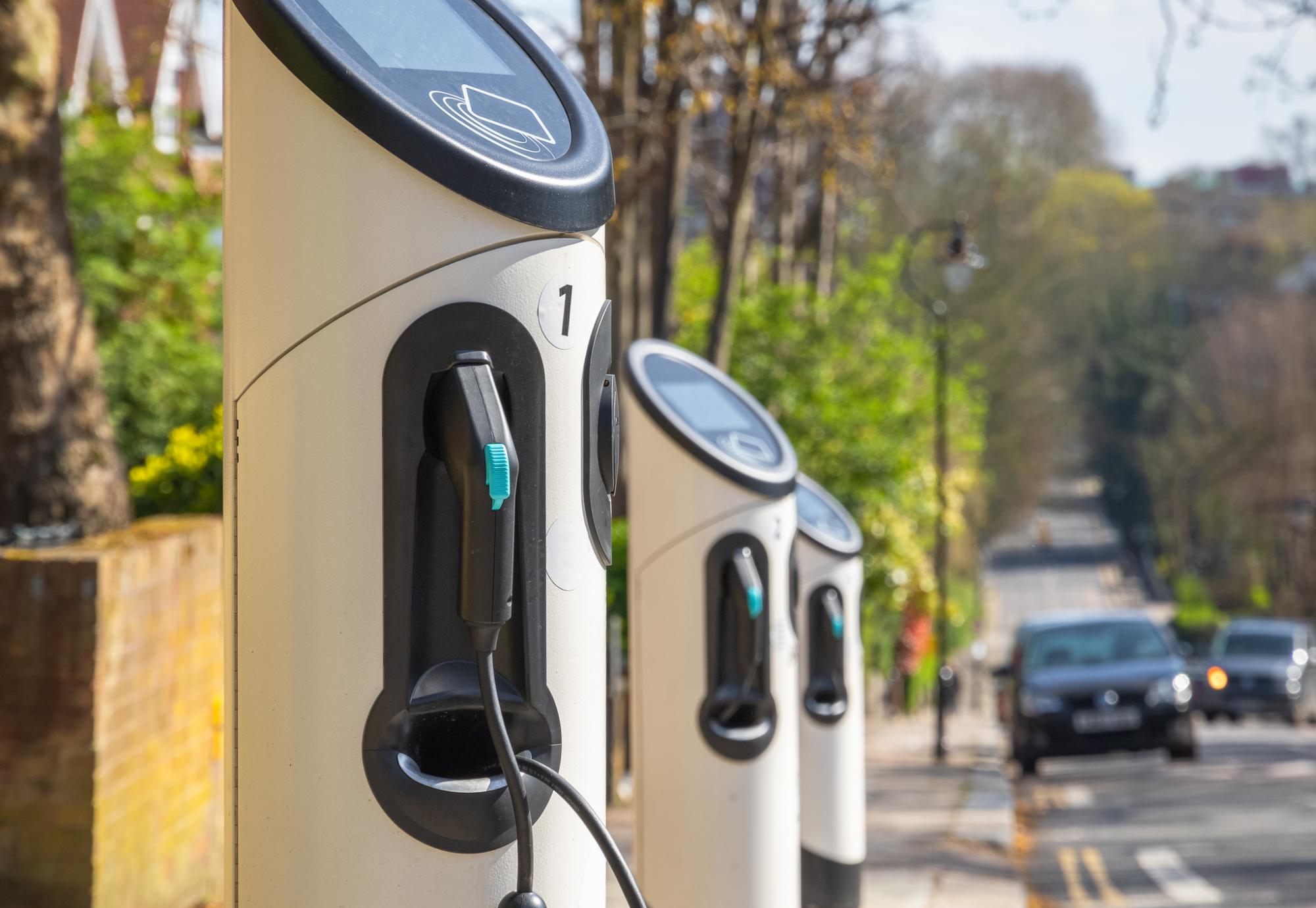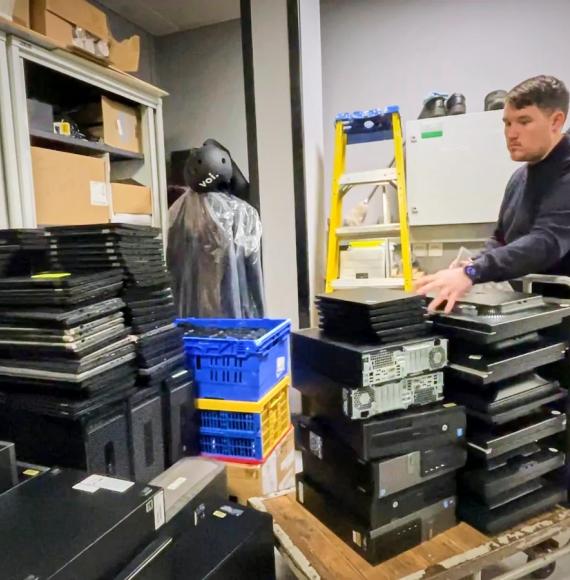Local authorities will bid for their share of a new £450m government fund to support the further introduction of electric vehicles (EVs) around the country.
Under a new pilot scheme, part of the government’s Local Electric Vehicle Infrastructure (LEVI) fund, local authorities will be able to secure a share of funding to work with industry and boost public EV charging opportunities.
This will initially be a £10m funding pot, with scope to potentially increase further in the future.
The LEVI fund will target projects such as EV hubs and innovative on-street charging, ensuring the 40-60% of residents in urban areas who do not have home charging capabilities are not left behind in the cleaner transport revolution.
Meanwhile, the LEVI funding includes up to £50m to fund staff to work on local challenges and public charge point planning, ensuring that any development complements all other zero emission forms of travel, such as walking and cycling.
It comes as the UK’s charging network has been given a boost as the government unveiled its plans to support the UK market to reach 300,000 public electric vehicle charge points by 2030, equivalent to almost five times the number of fuel pumps on roads today.
Backed by £1.6bn under the Electric Vehicle Infrastructure Strategy, the government said charging will become easier and cheaper than refuelling a petrol or diesel car.
New legal requirements on operators will see drivers of EVs able to pay by contactless, compare charging prices and find nearby charge points via apps.
The new strategy sets out the government’s aim to expand the UK’s charging network, so that it is robust, fair and covers the entire country, as well as improving the consumer experience at all charge points.
Significant support is focused on those without access to off-street parking and on fast charging for longer journeys.
£500m will be invested to bring high-quality, competitively priced public charge points to communities across the UK.
The existing £950m Rapid Charging Fund will support the rollout of at least 6,000 high powered superfast charge points across England’s motorways by 2035.
The government said this will ensure the UK continues to lead the Western world in the provision of rapid and ultra-rapid public chargers.
This comes on top of Ministers’ pledges to continue addressing any barriers to private sector rollout of charge points, such as local councils delaying planning permission and high connection costs.
Charge point operators are already committed to installing an additional 15,000 rapid charge points across England’s entire road network, a quadrupling of the current offer, and over 100,000 on-street chargepoints by 2025.
Commenting, Prime Minister, Boris Johnson said:
“We’re powering ahead with plans to help British people go electric, with our expanding charging network making journeys easier right across the country.
“Clean transport isn’t just better for the environment but is another way we can drive down our dependence on external energy supplies. It will also create new high-skilled jobs for our automotive and energy sectors and ultimately secure more sustainable and affordable motoring for all.”
Drivers are at the heart of the plan the government said, with rigorous new standards and legislation being introduced to improve people’s experience of using public charge points.
The government is mandating that operators provide real-time data about chargepoints and ensuring that consumers can compare prices and seamlessly pay for their charging using contactless cards.
They will also be able to use apps to find their nearest available charge point.
These plans will also require a 99% reliability rate at rapid charge points to ensure they are world-class and give consumers confidence in finding charge points that work wherever they travel, helping eradicate so-called ‘range anxiety’.
Even with recent trends in electricity prices, EVs still benefit from lower fuel, running and maintenance costs than their petrol and diesel equivalents and the strategy hopes to encourage drivers across the UK to make the switch, the government said.
Production costs also continue to fall and some analysts expect purchase price parity with petrol and diesel cars to be reached well within the 2020s.
This forms part of wider government plans to reduce the UK’s reliance on imports of foreign oil, improving the security of the country’s energy supply and reducing the country’s vulnerability to volatility in global energy prices.
Transport Secretary, Grant Shapps added:
“No matter where you live, be that a city centre or rural village, the north, south, east or west of the country, we’re powering up the switch to electric and ensuring no one gets left behind in the process.
“The scale of the climate challenge ahead of us all is well-known and decarbonising transport is at the very heart of our agenda.
“That’s why we’re ensuring the country is EV-fit for future generations by the end of this decade, revolutionising our charging network and putting the consumer first.”
Alongside the strategy, the government is also launching an automotive roadmap outlining joint government and industry commitments to achieve the decarbonisation of road transport.
This is the first in a series of roadmaps that will be published over the course of the year for each sector of the Prime Minister’s Ten Point Plan, showcasing how the UK is delivering on its green commitments.
The roadmap brings together the government’s policies designed to help and support the automotive sector in the shift towards greener transport and will help businesses plan more effectively in the transition to a zero-emission future.
You can watch PSE’s Net Zero in the Public Sector: Delivering On-Street EV Charging Webinar here.



















